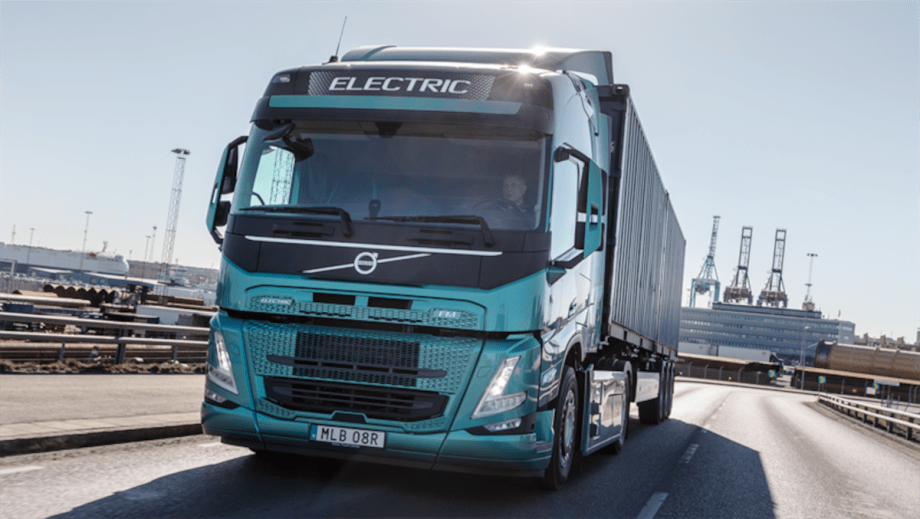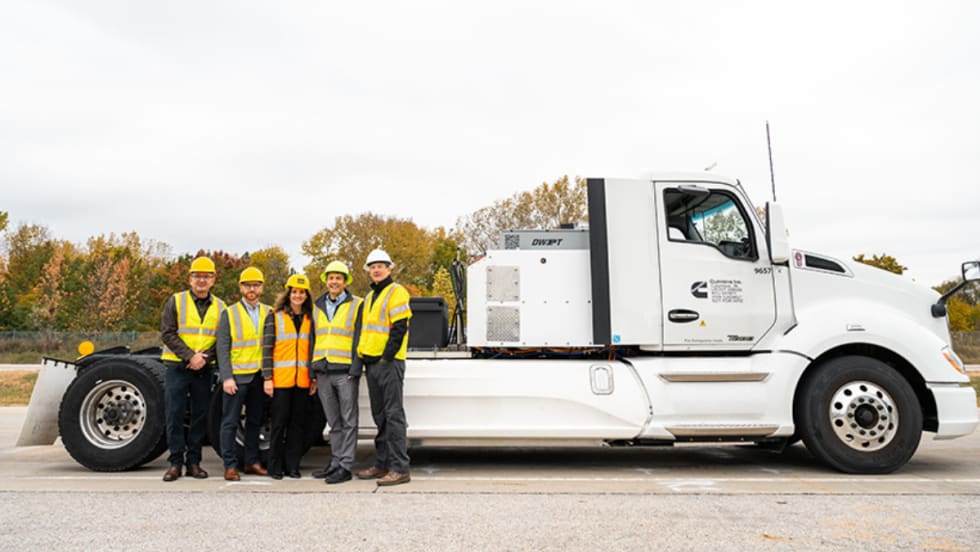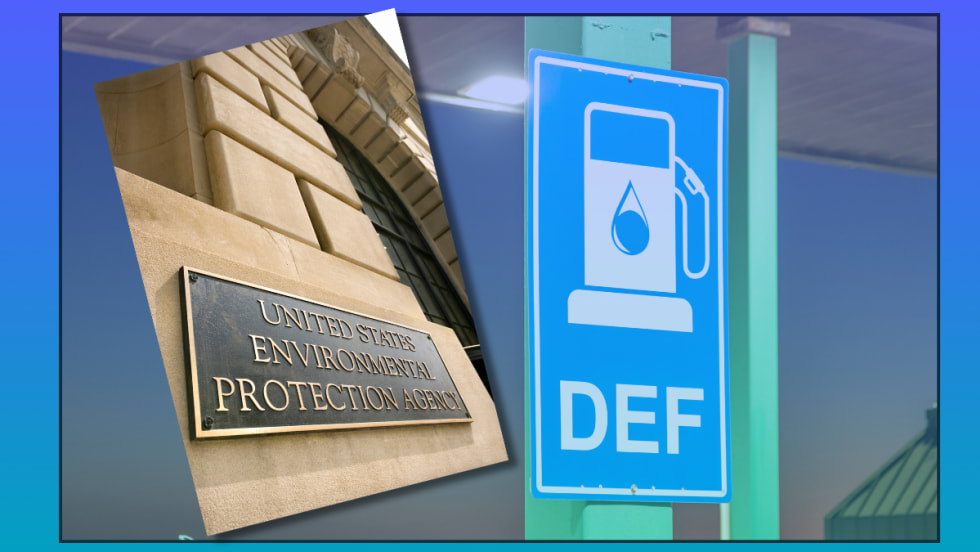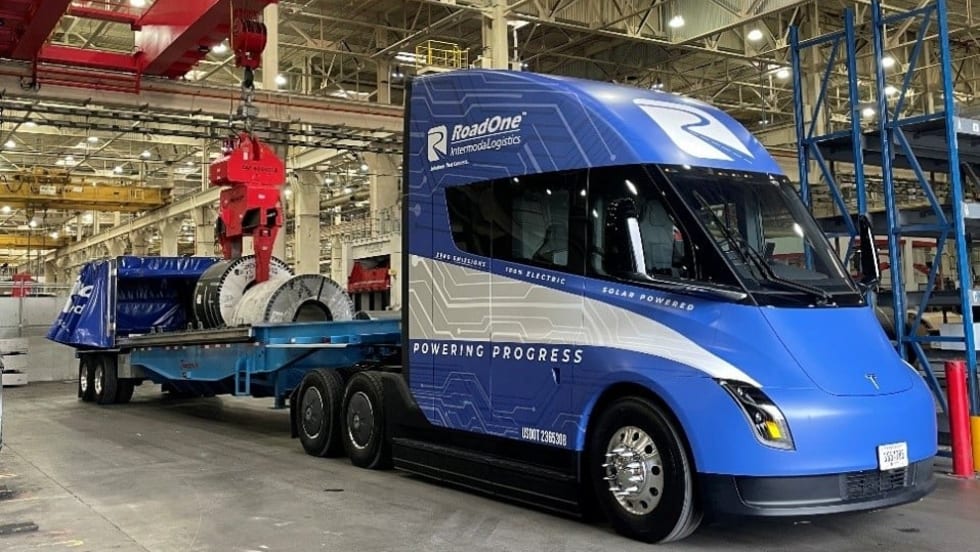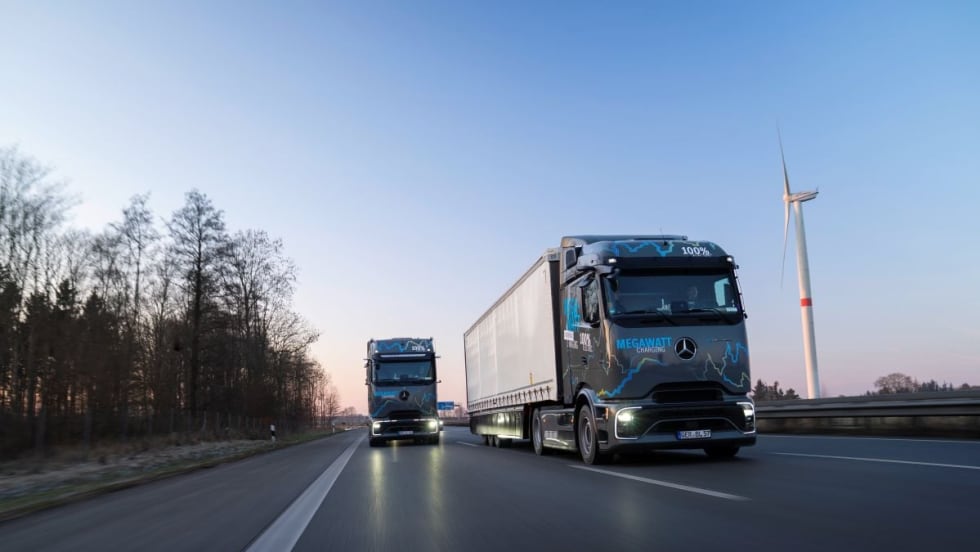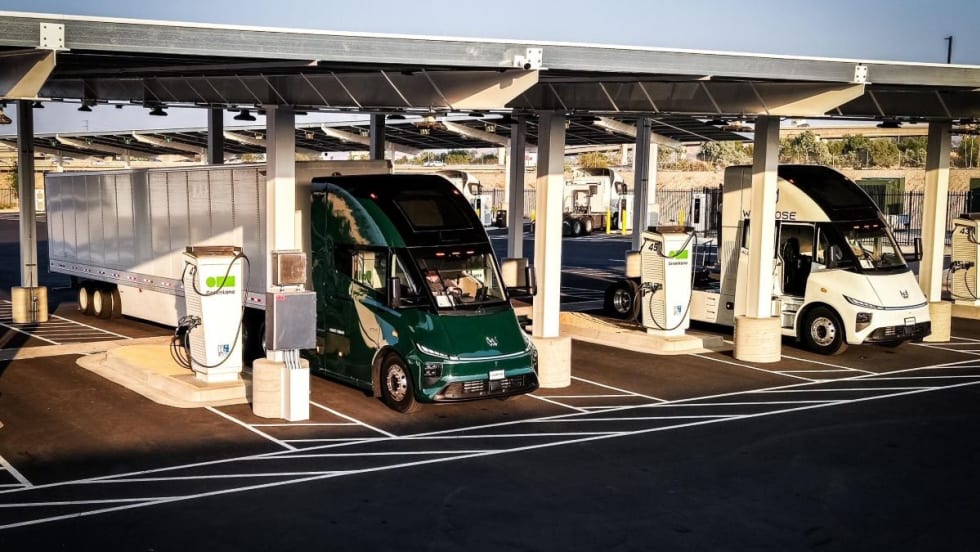Volvo Trucks has signed a letter of intent to sell 1,000 electric trucks between now and 2030 to Holcim, a global manufacturer of building solutions. The deal is the largest commercial order to date for Volvo electric trucks.
The first 130 heavy electric Volvo FH and Volvo FM trucks will be delivered to markets including France, Germany, Switzerland, and the U.K. during the fourth quarter of 2023 and throughout 2024.
“Long-term collaboration and a strong commitment to really make a difference are essential for making big CO2 reductions a reality,” said Martin Lundstedt, president and CEO of Volvo Group, in a news release.
The agreement is a result of a wider partnership between Volvo Group and Holcim, a company with the goal of having zero-emission heavy-duty trucks comprise 30% of its fleet by 2030.
“The net-zero transition requires deep collaboration across value chains,” says Jan Jenisch, chairman and CEO of Holcim.
CO2 Reduction Estimate
By replacing 1,000 existing Volvo FH diesel trucks with Volvo FH electric trucks using green electricity on a typical route, up to 50,000 tons of CO2 could be saved every year, calculates Volvo.
The CO2 saving is based on a calculation using the Volvo Trucks Environmental Footprint Calculator and comparing CO2 output over an annual mileage of 80,000 kilometers for a truck with a total weight of 44 tons and assuming the diesel comparator uses 7% biodiesel and achieves an average of 23l/100km.
Both companies are committed to the Science-Based Targets initiative, which strives to drive climate action in the private sector, and both are also founding members of First Movers Coalition.
About First Movers Coalition
The First Movers Coalition is a group of companies that use their purchasing power to create early markets for innovative clean technologies across eight hard-to-abate sectors.
About the Science-Based Targets Initiative
The Science-Based Targets Initiative drives climate action in the private sector by enabling organizations to set science-based emissions reduction targets. Targets are considered ‘science-based’ if they are in line with what the latest climate science says is necessary to meet the goals of the Paris Agreement – limiting global warming to 1.5 degrees C (2.7 degrees F) above pre-industrial levels.




